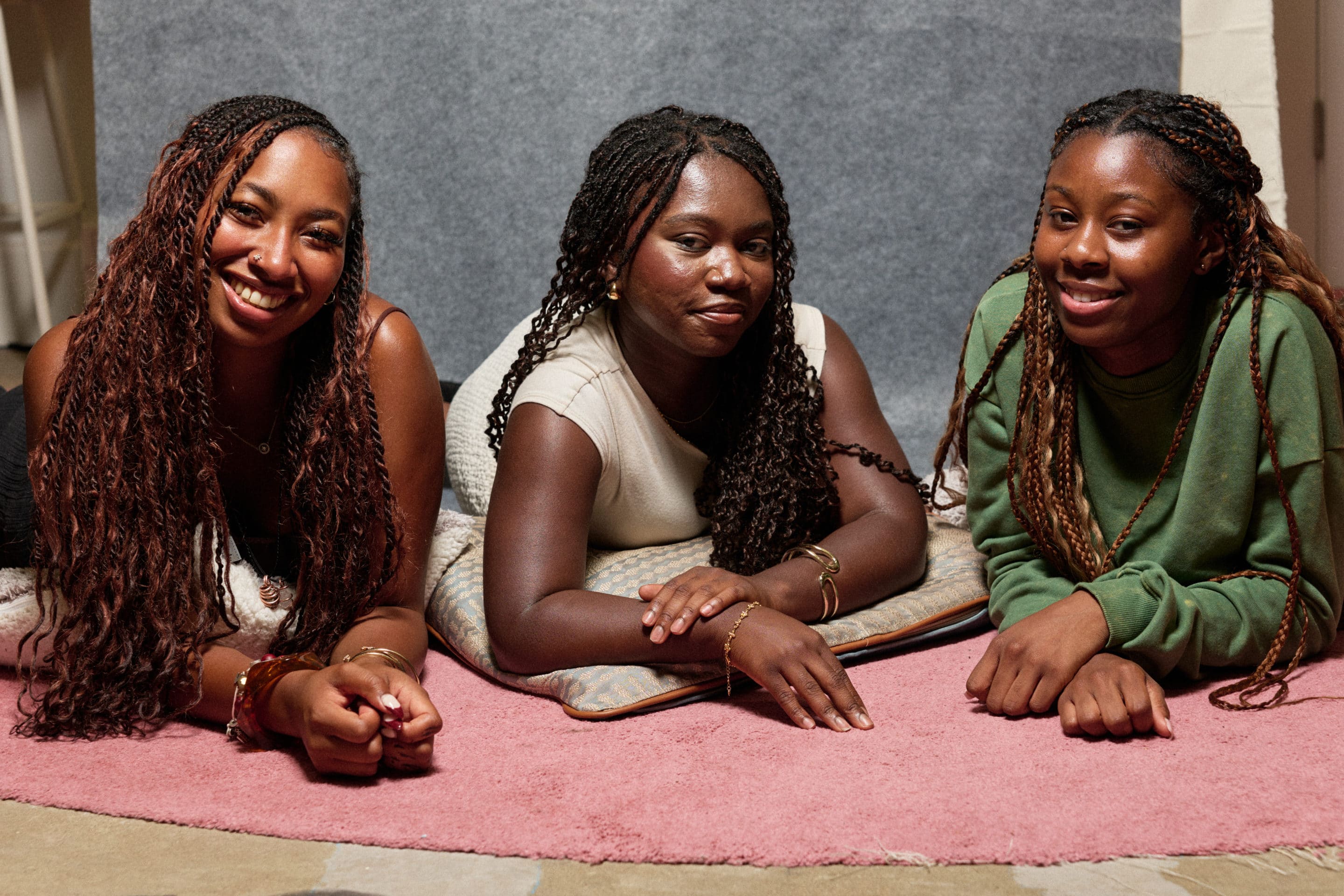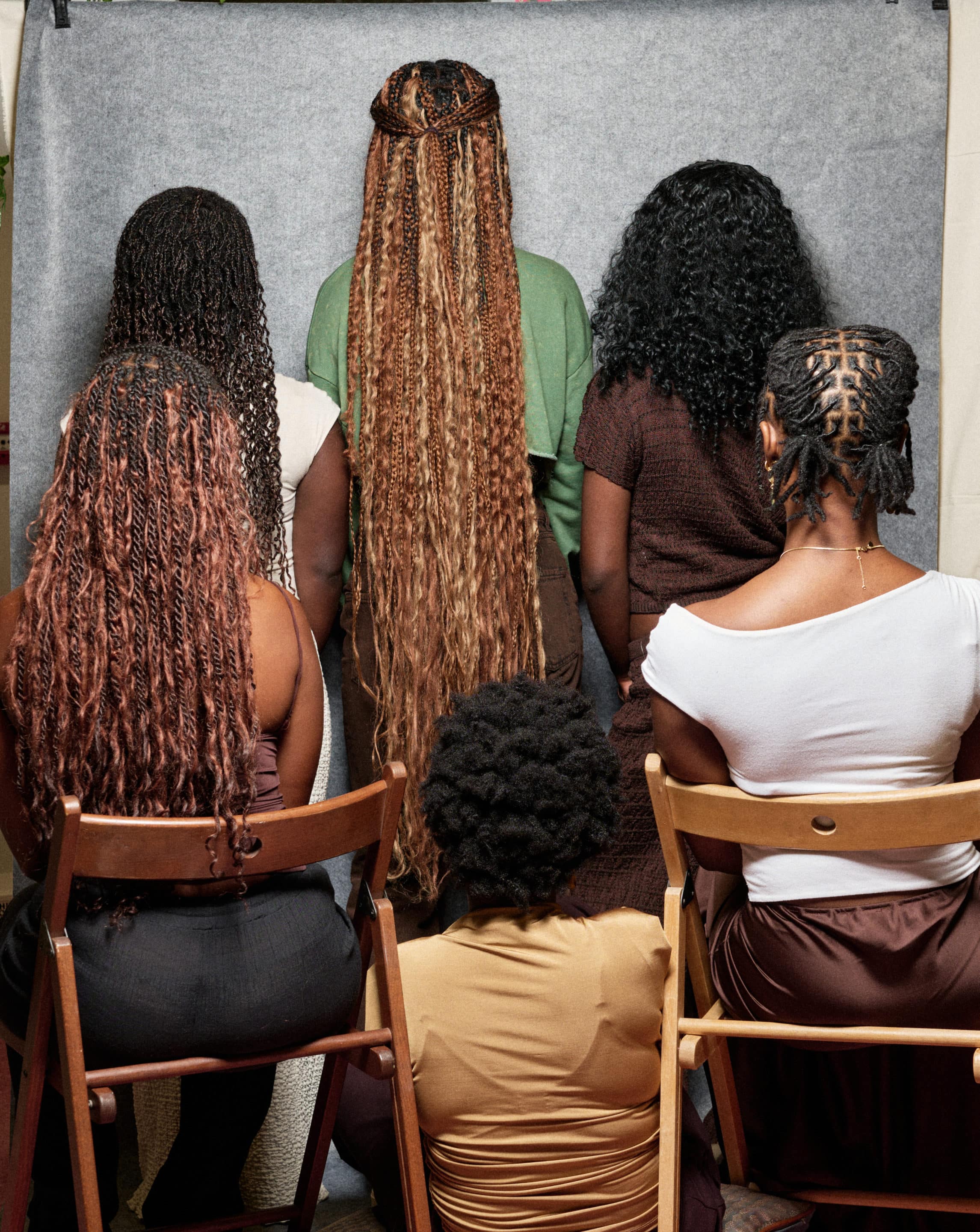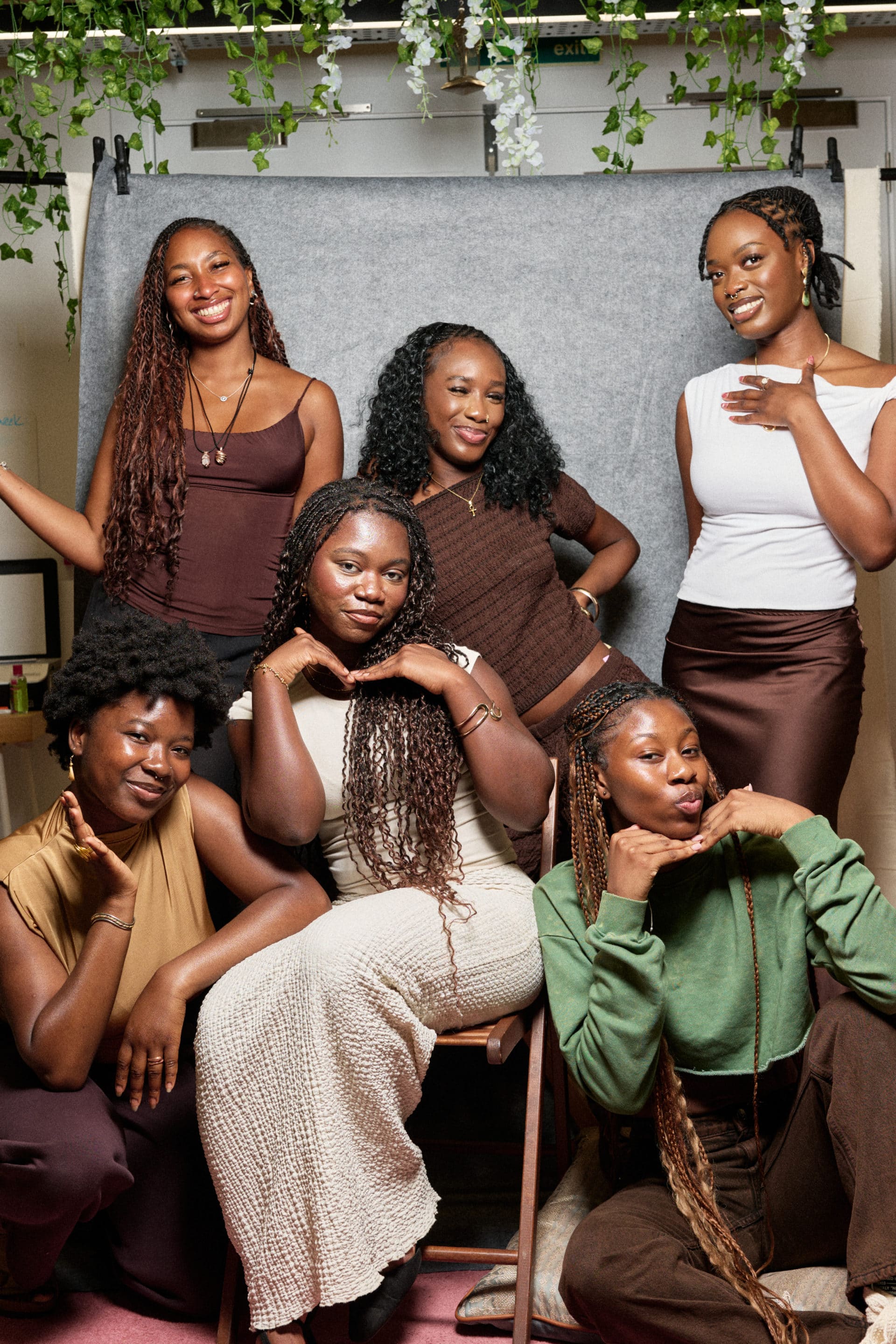
“It’s illegal for hair discrimination to happen in UK workplaces and schools, but it still does. That’s the main change we’re tackling,” says Olamide.
The Halo Collective is a youth-led campaign working to protect and celebrate Black hair in the UK. Founded in 2020 by young people from The Advocacy Academy, the Collective is powered by a mix of lived experience, fresh perspective, and political strategy.
Their mission is, as Olamide puts it, to “create a world where Black hair is protected, celebrated and free from stigma.”
Olamide explains their approach is threefold: “There are three roots to change. There’s interpersonal change, which is about people’s hearts and minds. There’s institutional change, things like law and policy. And then there’s creating other systems — building a third space, essentially.”
The Collective’s work is structured across these interconnected strands:
Adopt the Code is a practical tool for change. It invites schools and workplaces to sign a pledge committing to protect and celebrate Black hair. Over 1,000 institutions have already signed up.
Fix Up the Law is their policy push, calling for Black hair to be explicitly named as a protected characteristic under the Equality Act 2010. While race-based hair discrimination is technically illegal, it is not clearly defined in law and leaves too much room for interpretation and inaction.

Unlike other work in this area, they have a dual focus on school and workplace discrimination — and it is intentional. “Most people talk about hair discrimination in adult spaces,” Olamide explains. “But it starts in school. As a youth-led organisation, we carry both the school and work experiences with us. We want to change both.”
“We’ve experienced and seen hair discrimination happening to us and to our friends and peers in school,” Olamide continues. “But we’re also young adults — we’ve experienced it in the workplace too. That’s what makes us different. We bring lived experience, but we also bring fresh ideas about what change should look like.”
When the Halo Collective joined the Pathways Fund, growth meant two things: a real headcount, and the ability to gather in person. “We’d started during Covid, so everything was online,” Olamide says. “The Pathways Fund meant we had the finances to finally meet in person. That changed everything. Relationships got stronger, strategy got sharper, and the work started to flow.”
The Wellbeing Grant funded their first in-person retreat. The core funding allowed them to hire a part-time coordinator. That role has since brought structure, visibility, and accountability, not just to the Collective’s operations, but to their relationships with adoptees and institutions.
“We’re rebuilding our database, checking which contacts still work, reaching out to past adoptees, and being more visible on social media. People are reaching out to us. They can feel our presence.”
Still, capacity is a challenge. Although there are 18 members on paper, the Collective is largely volunteer-run. “Some of us are in uni, others in full-time jobs. That affects how much we can give,” Olamide notes. “But the difference in impact that comes from even one paid role has been huge.”

The Collective’s impact continues to build. Workplaces like Doughty Street Chambers have engaged on legal reform. Schools are using the Halo Code as a springboard for wider racial equity work. Parliament is paying attention. And in the background, the Collective continues to build community power with others, including organisations like World Afro Day.
Looking ahead, the Collective wants to deepen its legal strategy, strengthen its community organising with individuals, groups and politicians, and expand the reach of the Halo Code — not just as a pledge, but as a catalyst for lasting change.